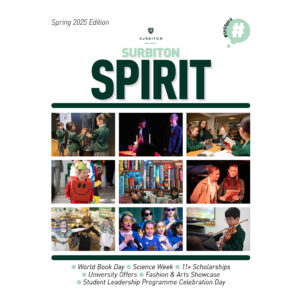Examination Board: AQA
Geography illuminates the past, explains the present and prepares us for the future; what could be more important than that!
Michael Palin CBE
Geography at A-level will give you an insight into some of the most significant issues that are currently shaping our world. These include physical geography units of study on Coastal Change, Carbon and Water cycles and contemporary human geography concepts of the changing nature of urban places and how they change over time. You will be able to develop your knowledge and understanding gained from GCSE, explore many previously studied areas in greater depth, for example, the future of the Earth’s climate, and the global influence of Transnational Companies. In addition, you will explore new concepts of Natural Hazards and global connections driven by globalisation. Furthermore, you will be able to develop a number of highly useful skills as you will be regularly working in groups, collecting data independently, writing reports, presenting to your peers and developing synthesis skills, all of which are essential for highly successful outcomes.
There will be a residential field trip to support the non-examined assessment (fieldwork) component of the course to the Jurassic coast of Dorset, during which you will be collecting valuable data to support your fieldwork investigation, and additional curriculum supporting trips matched to specific aspects of the course.
Studying GCSE Geography will help ensure that you have a solid foundation on which to build. An interest in current affairs (such as climate change, migration or natural disasters) will also ensure that you are always up-to-date with current geographical issues.
Geography A-level will allow you to keep open a large percentage of higher education options. It will equip you with a lot of valuable transferable skills (ICT, group work, oral presentations, report writing and project management) that will be a real benefit to most degrees. These skills are also ones that employers are looking for in graduates from university. Since geographers are both literate and numerate, many careers are open to them, such as the financial services, retailing, human resource management, engineering and journalism.





